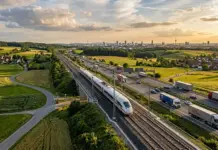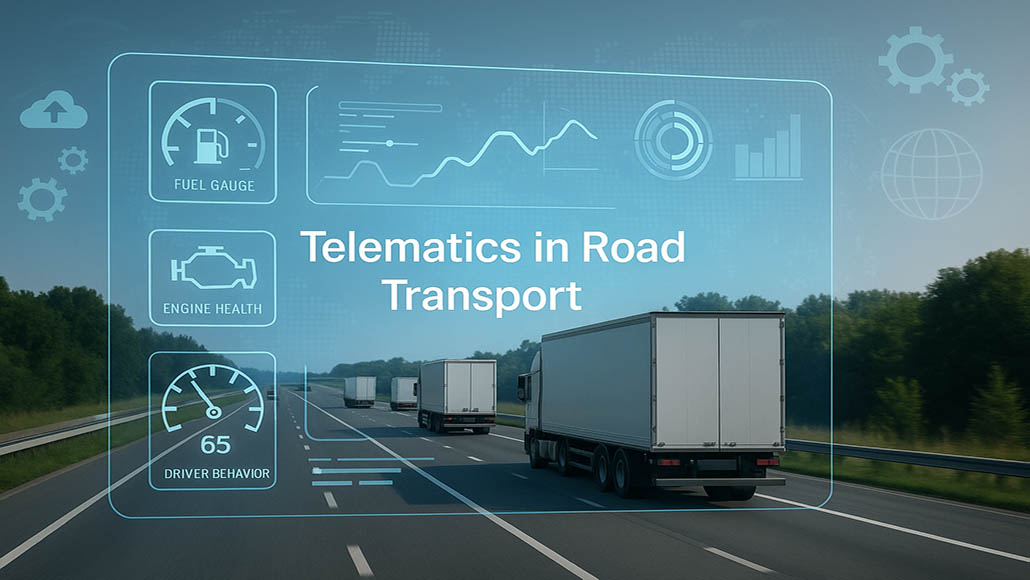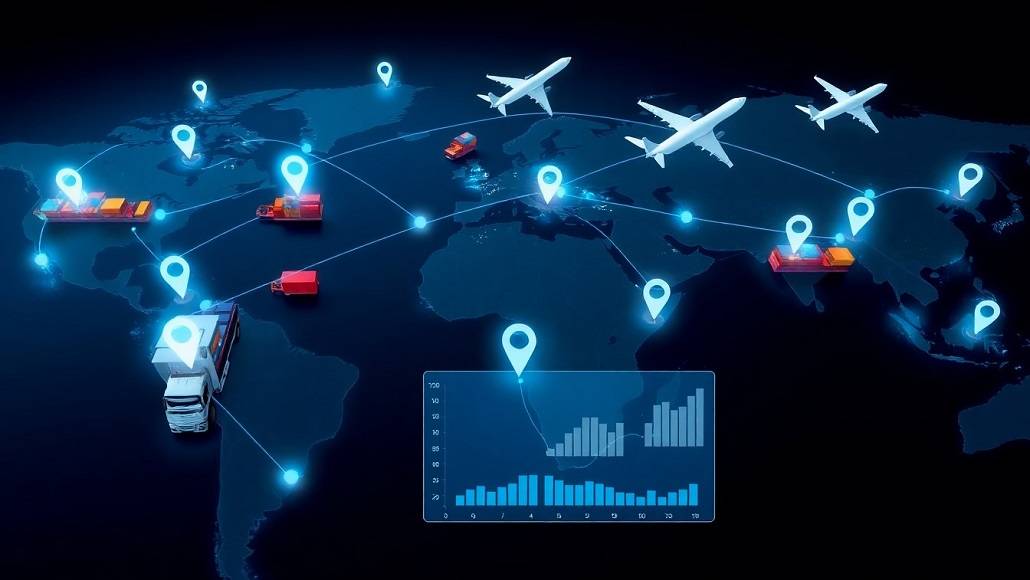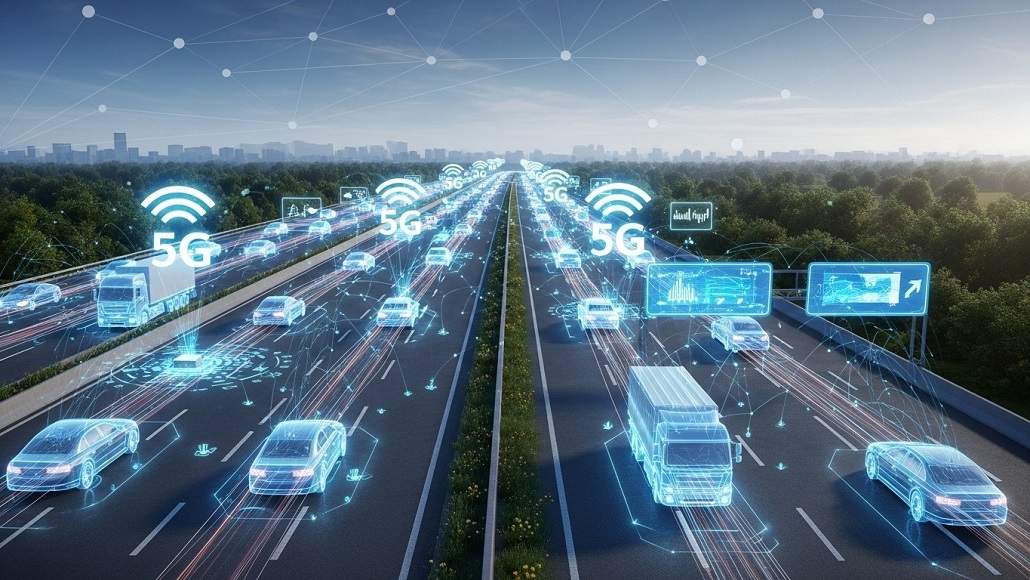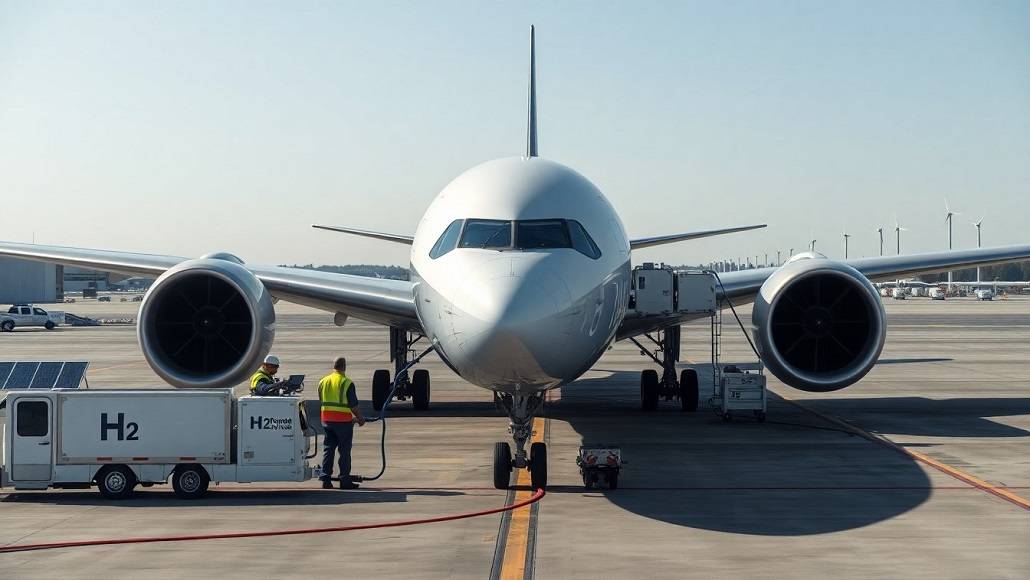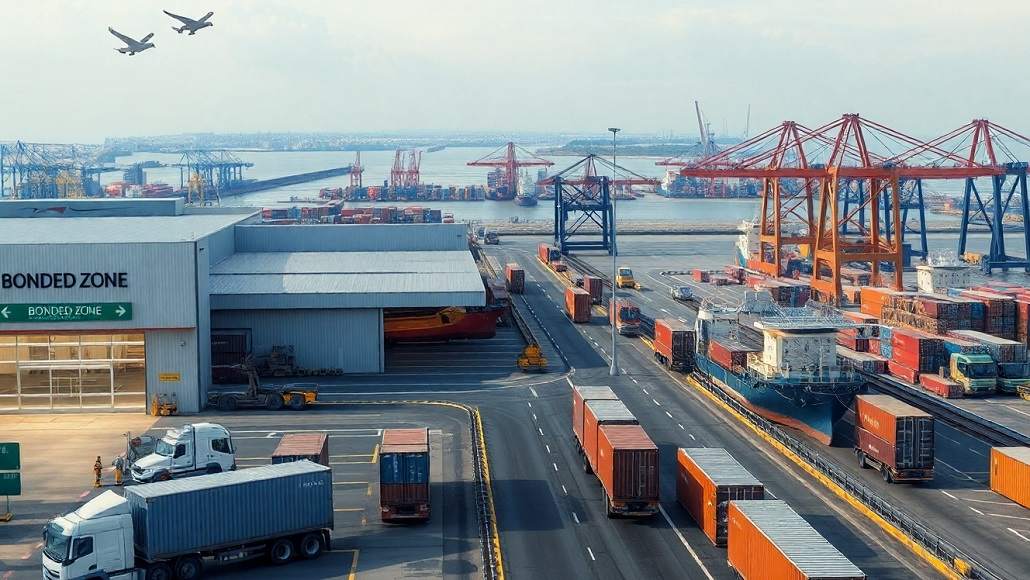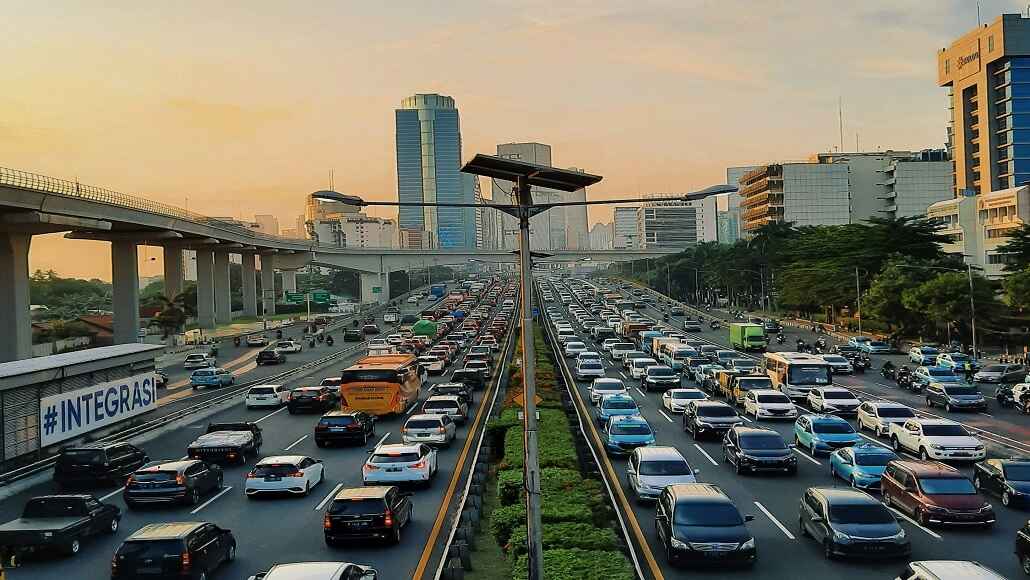The Future of Public Transport: How AI Technology is Revolutionizing Ticketing Systems in Europe
Public transport has long been the lifeline of Europe, seamlessly connecting urban centers, rural areas, and even entire nations in a network of trains, buses, and metro systems. In recent years, the evolution of this sector has been unprecedented, primarily driven by the twin forces of policy reform and technological innovation. While public transport has always been a core element of Europe’s commitment to sustainable development, 2024 and 2025 have seen a particularly notable transformation—AI technology is now revolutionizing how ticketing systems operate. This significant leap forward, driven by artificial intelligence, is reshaping the experience of millions of passengers while simultaneously addressing the challenges of efficiency, accessibility, and sustainability.
The Rise of AI in Public Transport Ticketing
Artificial intelligence is no longer merely a concept of science fiction; it is now a practical tool that permeates almost every industry, and public transport is no exception. In 2024 and 2025, the rise of AI in Europe’s public transport systems has marked a turning point for ticketing. Traditional ticketing models, which relied heavily on manual inputs, physical kiosks, and rigid pricing structures, have given way to dynamic, intelligent, and user-focused systems.
The integration of AI in ticketing systems has been fueled by Europe’s overarching push for digital transformation across public services. Data from a 2025 report by the European Public Transport Association (EPTA) highlights that over 80% of major European cities have now incorporated AI-driven ticketing solutions into their public transport networks. This widespread adoption is not just a result of convenience—it has also been catalyzed by policy frameworks like the EU’s Smart Transport Integration Plan, which emphasizes digitalization as a means to ensure seamless and accessible mobility.
AI technology is particularly effective in analyzing passenger patterns, predicting demand, and offering personalized pricing and route recommendations. These capabilities have transformed ticketing systems from static, transactional interfaces into dynamic platforms that enhance passenger satisfaction while improving operational efficiency.
Personalized and Dynamic Ticket Pricing
One of the most groundbreaking developments in AI-driven ticketing systems is the advent of personalized and dynamic pricing models. Unlike traditional fixed-price ticketing, which often overlooks the nuances of passenger behavior and demand fluctuations, AI algorithms enable transport operators to adapt pricing in real-time. By analyzing data such as passenger demographics, travel histories, and peak-time demand, AI systems can offer tailored pricing options that benefit both commuters and operators.
For example, a pilot project launched in 2024 in Amsterdam utilized AI to introduce dynamic pricing for metro services. Passengers traveling during off-peak hours were offered discounts of up to 30%, incentivizing travel during less congested periods. This approach not only improved passenger distribution but also optimized resource utilization, reducing strain on infrastructure during rush hours. By 2025, dynamic pricing models had expanded to several other cities, including Stockholm and Vienna, where similar results were observed.
Moreover, AI makes it possible to design subscription-based ticketing plans that cater to individual needs. In Copenhagen, an AI-powered subscription service introduced in early 2025 allows commuters to pay a monthly fee based on their typical travel patterns. This “pay-as-you-use” system eliminates the need for one-size-fits-all monthly passes, offering a more equitable and cost-effective alternative.
Seamless Ticketing Through Biometric and Contactless Technologies
The integration of AI with biometric authentication and contactless payment technologies has further streamlined the ticketing process. Gone are the days of queuing at kiosks or fumbling for cash or cards—AI has enabled ticketing systems to seamlessly authenticate passengers through facial recognition, fingerprint scanning, or mobile apps.
London’s public transport network, a pioneer in the adoption of AI-driven ticketing, introduced biometric ticketing gates in 2024. These gates, equipped with facial recognition technology, allow passengers to enter the metro system simply by glancing at a camera. The system is powered by an AI algorithm that verifies the passenger’s identity and links it to their pre-registered payment method. By early 2025, this technology had reduced boarding times by 40%, resulting in a smoother and faster travel experience for millions of commuters.
Similarly, contactless payment systems integrated with AI are now ubiquitous across Europe. In Paris, the Navigo Easy card was upgraded in 2025 to incorporate AI-driven features that automatically calculate the best fare for a given journey. Passengers no longer need to worry about selecting the most economical ticket option—the AI system does it for them, ensuring they always pay the lowest possible fare.
AI’s Role in Reducing Fraud and Enhancing Security
Fraudulent activities, such as fare evasion and counterfeit ticketing, have long been challenges for public transport operators. AI technology is proving to be a powerful tool in combating these issues. Advanced machine learning algorithms can detect unusual patterns in ticket purchases and usage, flagging potential cases of fraud for further investigation.
In Frankfurt, for instance, an AI-powered fraud detection system implemented in mid-2024 identified a 15% increase in suspicious ticketing activities during major events. The system alerted authorities in real-time, enabling swift action that prevented revenue losses. By 2025, similar systems were in place in over 50 European cities, demonstrating AI’s potential to safeguard public transport revenues.
Beyond fraud detection, AI also enhances passenger security. In Barcelona, AI-driven ticketing systems are integrated with surveillance networks to ensure that passengers are not only authenticated but also monitored during their journeys. If a passenger is flagged for suspicious behavior at the ticket gate, the system can alert security personnel, adding an additional layer of safety to the public transport ecosystem.
Sustainability and Resource Optimization
Europe’s public transport sector is deeply intertwined with its sustainability goals, and AI-driven ticketing systems are playing a significant role in furthering these objectives. By optimizing passenger flows and reducing idle times, AI helps public transport networks operate more efficiently, minimizing energy consumption and carbon emissions.
In 2024, a study conducted by the European Environment Agency (EEA) found that AI-powered ticketing systems reduced energy usage in metro networks by an average of 12%. This was achieved by adjusting train schedules and capacities based on real-time passenger data, ensuring that no energy was wasted on underutilized services. By 2025, this approach had been adopted across several major cities, including Munich and Milan, further contributing to Europe’s broader climate targets.
Additionally, AI-powered ticketing systems promote the use of public transport by making it more accessible and user-friendly. As more people opt for public transit over private vehicles, the overall carbon footprint of urban mobility decreases, reinforcing Europe’s commitment to sustainable development.
Challenges and the Road Ahead
While the benefits of AI-driven ticketing systems are undeniable, their implementation is not without challenges. One of the most pressing concerns is data privacy. The use of biometric and behavioral data raises questions about how passenger information is stored, shared, and protected. To address these concerns, the EU introduced new guidelines in 2025 under the European Data Governance Act, emphasizing transparency and accountability in the use of AI for public services.
Another challenge lies in ensuring that AI-driven systems are inclusive. While digital ticketing platforms are convenient for tech-savvy users, they can alienate older passengers or those without access to smartphones. To bridge this gap, several cities are maintaining hybrid systems that combine AI-driven solutions with traditional ticketing options.
Looking ahead, the future of AI in public transport ticketing appears bright. In 2025, the EU announced plans to expand AI integration into rural and cross-border transport systems, ensuring that the benefits of this technology are not confined to urban centers. Furthermore, advancements in AI algorithms are expected to enable even greater levels of personalization, security, and efficiency.
Conclusion: Shaping the Future of Mobility
As Europe continues to lead the global transition toward sustainable and intelligent mobility, AI-driven ticketing systems are emerging as a cornerstone of this transformation. By personalizing passenger experiences, reducing operational inefficiencies, and contributing to environmental sustainability, AI is not just revolutionizing ticketing—it is reshaping the very fabric of public transport.
The journey is far from over, but the progress made in 2024 and 2025 demonstrates that the future of public transport lies in the seamless integration of technology and policy. With AI at the helm, Europe is setting a new benchmark for how public transport systems can serve as models of efficiency, accessibility, and sustainability in the 21st century.









